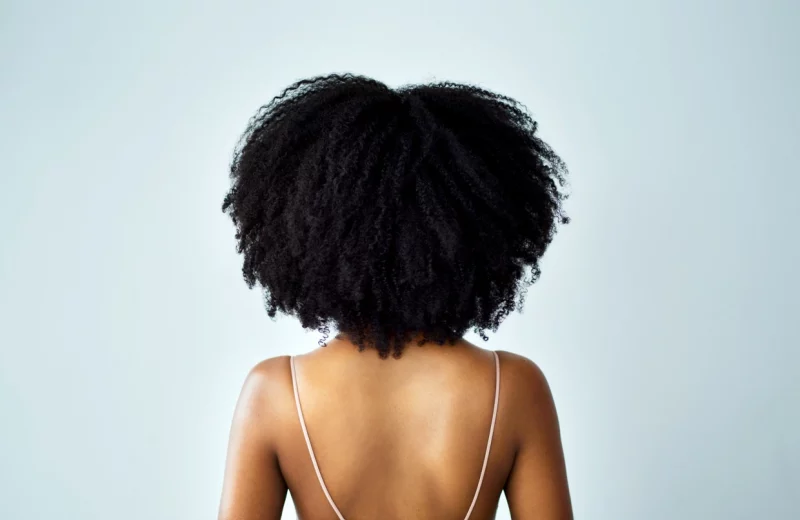House passes Crown Act banning discrimination against Black hairstyles
Share
Explore Our Galleries
Breaking News!
Today's news and culture by Black and other reporters in the Black and mainstream media.
Ways to Support ABHM?
By Janelle Griffith, NBC News
Crown stands for Creating a Respectful and Open World for Natural Hair. The Crown Act prohibits “discrimination based on an individual’s texture or style of hair.”

The House on Friday passed the Crown Act, which would ban hair-related discrimination.
The measure, H.R. 2116, passed in a vote of 235-189 along party lines. It was introduced by Rep. Bonnie Watson Coleman, D-N.J.
Crown stands for Creating a Respectful and Open World for Natural Hair, and the act prohibits “discrimination based on an individual’s texture or style of hair.” The bill now goes to the Senate.
The legislation states that “routinely, people of African descent are deprived of educational and employment opportunities” for wearing their hair in natural or protective hairstyles such as locs, cornrows, twists, braids, Bantu knots, or Afros.
The House on Friday passed the Crown Act, which would ban hair-related discrimination.
The measure, H.R. 2116, passed in a vote of 235-189 along party lines. It was introduced by Rep. Bonnie Watson Coleman, D-N.J.
Crown stands for Creating a Respectful and Open World for Natural Hair, and the act prohibits “discrimination based on an individual’s texture or style of hair.” The bill now goes to the Senate.
The legislation states that “routinely, people of African descent are deprived of educational and employment opportunities” for wearing their hair in natural or protective hairstyles such as locs, cornrows, twists, braids, Bantu knots, or Afros.
Read more about this effort to ban discrimination.
UPS has only permitted employees to wear protective hairstyles since 2020. Discover how one person is helping black youth love their hair.
Get more breaking black culture news.









Comments Are Welcome
Note: We moderate submissions in order to create a space for meaningful dialogue, a space where museum visitors – adults and youth –– can exchange informed, thoughtful, and relevant comments that add value to our exhibits.
Racial slurs, personal attacks, obscenity, profanity, and SHOUTING do not meet the above standard. Such comments are posted in the exhibit Hateful Speech. Commercial promotions, impersonations, and incoherent comments likewise fail to meet our goals, so will not be posted. Submissions longer than 120 words will be shortened.
See our full Comments Policy here.